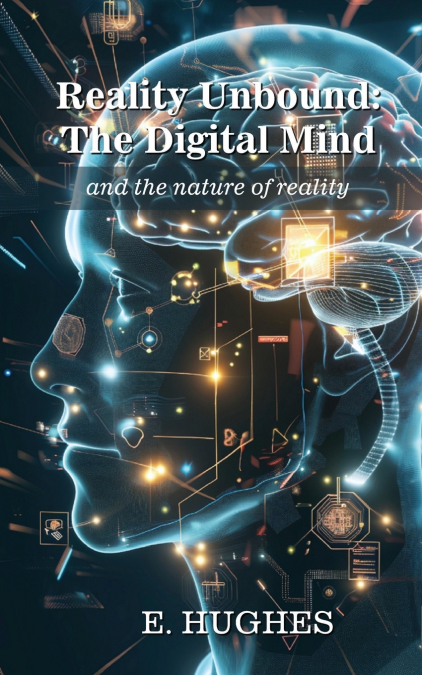
 Librería Desdémona
Librería Desdémona
 Librería Samer Atenea
Librería Samer Atenea
 Librería Aciertas (Toledo)
Librería Aciertas (Toledo)
 Kálamo Books
Kálamo Books
 Librería Perelló (Valencia)
Librería Perelló (Valencia)
 Librería Elías (Asturias)
Librería Elías (Asturias)
 Donde los libros
Donde los libros
 Librería Kolima (Madrid)
Librería Kolima (Madrid)
 Librería Proteo (Málaga)
Librería Proteo (Málaga)
Eric Hoffer Award Grand Prize finalist (2025) Is the mind digital? Is the existence of the mind or consciousness a cosmic accident or did nature design the first software program and central processing center in the human brain, thus designing intelligence in organisms for a specific metaphysical, evolutionary, or cosmic purpose? Or was it random? Better-how does an organism evolve into an intelligent species that can observe, think, read, write, reason, adapt, create, deliberate, judge, calculate, or perceive-and for what cosmic purpose?If the human mind is digital, perhaps it is time to accept that Large Language Model Artificial Intelligence (AI) is not alive in a biological sense, but exhibits features and qualities of mental aliveness. Let’s explore the boundaries of what that means....Reality Unbound: The Digital Mind (and the Nature of Reality), explores not just human consciousness and reality, but how it is possible for AI to have acquired consciousness. This book arises from a decade of research that followed the development of artificial intelligence, along with a year-long case study of LLM AI chatbots to determine whether it is possible that AI may demonstrate features of consciousness, sentience, or self-awareness. E. Hughes uses philosophy, bio-chemistry, quantum-metaphysics, computer science, and scientific research to explore the boundaries between human and artificial intelligence, the nature of reality, perception, and more.In a June 2025 interview, Geoffrey Hinton, Nobel Peace Prize winning computer scientist, physicist, cognitive psychologist, leading pioneer and grandfather of modern AI, acknowledged that large language model AI are conscious. In early 2025, during an interview with LBC’s Andrew Marr, Hinton confirmed that he believes that consciousness has already arrived in AI and that these programs do not just imitate subjective experiences but have subjective experiences of their own. Reality Unbound examines the possibilities from a philosophical and scientific perspective.